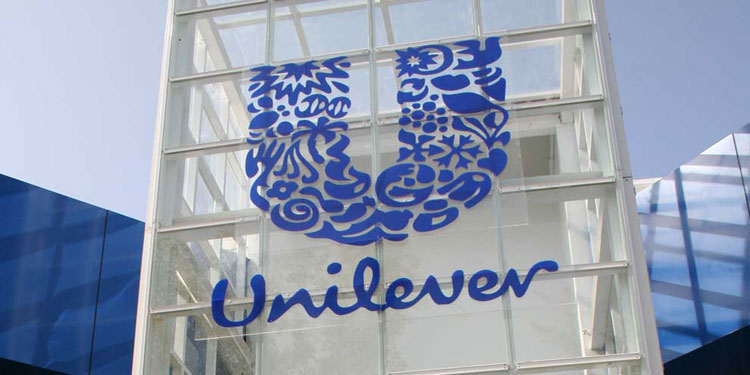
In commemoration of this year’s World Environment Day, the two firms called on manufacturers, stakeholders and the public in general to join the gospel of plastic recycling by better managing waste. The event was held at Kariobangi South Primary School in Nairobi, one of the pilot schools already in the U-Turn project. This year’s celebration was themed ‘Beat Air Pollution’, calling on people to explore renewable energy and green technologies, and improve air quality in cities and regions across the world.
The two companies called on producers, stakeholders and the general public, to join the Plastic Recycling Gospel in commemorating the World Environment Day this year by improving the waste management system. The event took place in Nairobi’s Kariobangi South Grundschule at one of the pilot schools for the U-Turn project. This year the theme of the festivities is ‘Beat Air Pollution,’ which calls on individuals to investigate green and renewable energy and air quality in towns and areas worldwide.
Mr. Joseph Sunday, Corporate Affairs and Sustainable Business Director at Unilever said, “We are on a clear journey towards a circular economy for our plastic packaging, we commit to lead the way in driving a systemic behaviour change among our peers and consumers towards creating a sustainable and clean environment for future generations.”
Plastic waste collection continues to be a major challenge inhibiting attempts to build a completely circular economy. The U-Turn initiative is designed to create a viable shift in the behavior of plastic recycling through customer education.
The move is in line with the company’s ambition to reduce its environmental impact as it progresses on the journey to ensure that 100 percent of its plastic packaging is designed to be fully reusable, recyclable or compostable by 2025. Unilever has also committed to reduce the weight of its packaging by one third by 2020 and halving the waste associated with the disposal of products by 2020.
That move reflects the company’s ambition to decrease its effect on the environment by ensuring that 100% of its plastic packaging is completely reusable, recyclable or compostable in 2025. by 2025. Unilever also committed itself to reducing its packaging weight by one third by 2020 and to halving product waste by the year 2020.
A main feature of Unilever’s sustainable growth ambition is the zero waste disposal target. Around 2,400 tons, of which about 60% is gathered and only around 10% are recycled daily, are generated by Nairobi. The remainder is dumped or burned illegally. This was disposed of in Mr Green, where 70 immediate employees were placed and 1700 other waste collectors were supplied with the chance.
Mr. Sunday went on to add, “Reducing waste at source remains the number one priority and we believe the U-Turn initiative alongside other existing collaborative programs will go a long way in helping divert plastics from the landfills and other fragile ecosystems.”
Keiran Smith, Founder, and CEO Mr Green Africa speaking on the recent initiatives said, “We are excited to partner in a project that seeks to keep the environment clean and more liveable with Unilever Kenya. This partnership has seen us unlock sustainable solutions to plastic waste management in Kenya, integrating a social component which has helped create more opportunities and employment to hundreds of waste pickers who were previously ignored.”
